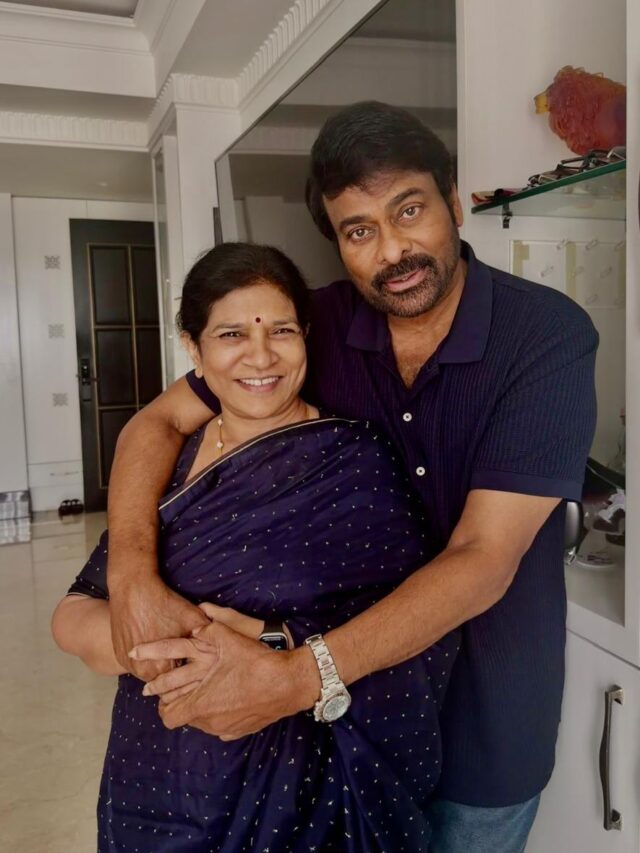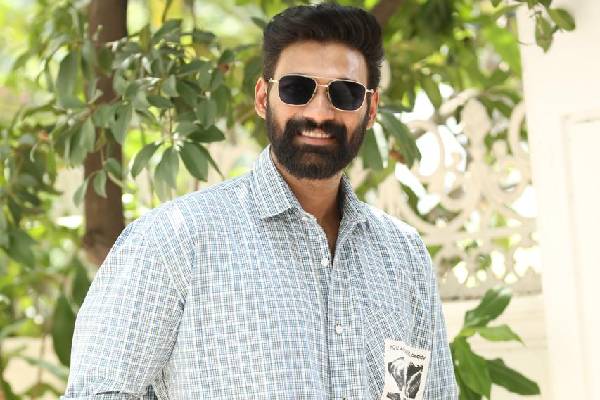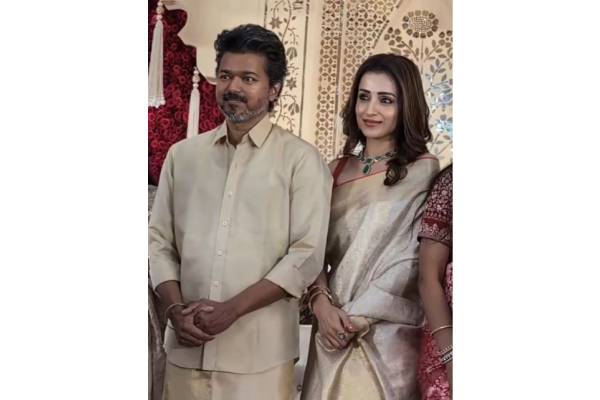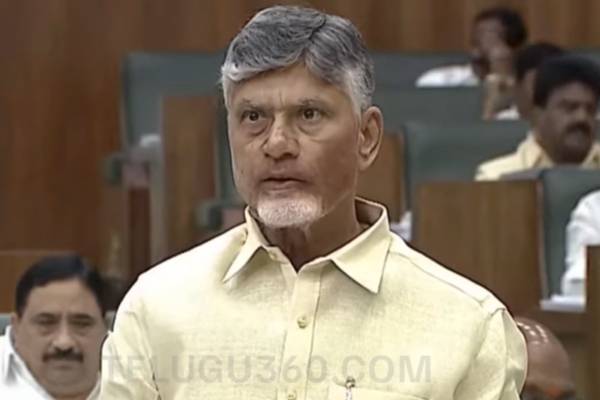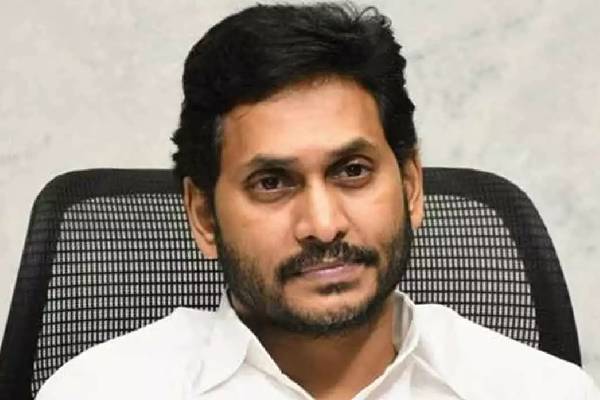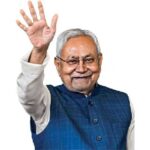YSRCP chief Y.S. Jagan Mohan Reddy stirred controversy recently by calling Hindi the “national language” of India. During a press meet at Tadepalli and later in interviews to national media, Jagan made it clear that he considers Hindi the national language. When a reporter brought up the ongoing language row, he flatly responded that “Hindi is the national language,” surprising many and sparking heated discussions across social media.
Just a day prior, TDP leader Nara Lokesh had made a similar comment acknowledging Hindi’s widespread use, for which he was trolled heavily by YSRCP supporters online. But now, with Jagan echoing the same sentiment, questions are being raised about the double standards. Will the same people who trolled Lokesh now criticise Jagan too? Or will the responsibility of pointing out this hypocrisy fall on the TDP and Jana Sena supporters?
Adding fuel to the fire is Jana Sena chief Pawan Kalyan, who has previously faced backlash over his stand on the Hindi language. Unlike Jagan, both Lokesh and Pawan have clarified their position: while they respect Hindi and agree it’s widely spoken, they strongly oppose the imposition of any language as “national” in a diverse, multilingual country like India. Pawan Kalyan, in particular, has emphasized linguistic federalism, stating that no language should be forced upon people at the cost of regional identities.
In states like Tamil Nadu, Karnataka, and even Maharashtra, the pushback against Hindi imposition has been strong. Leaders like the Thackeray brothers have taken a firm stance, arguing that promoting Hindi should not come at the expense of regional languages. Meanwhile, in Andhra Pradesh, the political tone appears different. There’s almost a blanket acceptance of Hindi as a “national” language, a term that doesn’t even officially exist in the Indian Constitution.
Critics argue that equating Hindi with nationalism is more about political alignment with the BJP rather than cultural unity. Opposition parties and regional leaders like Lokesh and Pawan Kalyan are cautioning against this trend, reminding people that India’s strength lies in its linguistic diversity, not in pushing one language over others.
As the debate continues, the question remains: is calling Hindi the national language a reflection of ignorance, political convenience, or a deeper ideological shift in Andhra Pradesh politics?













